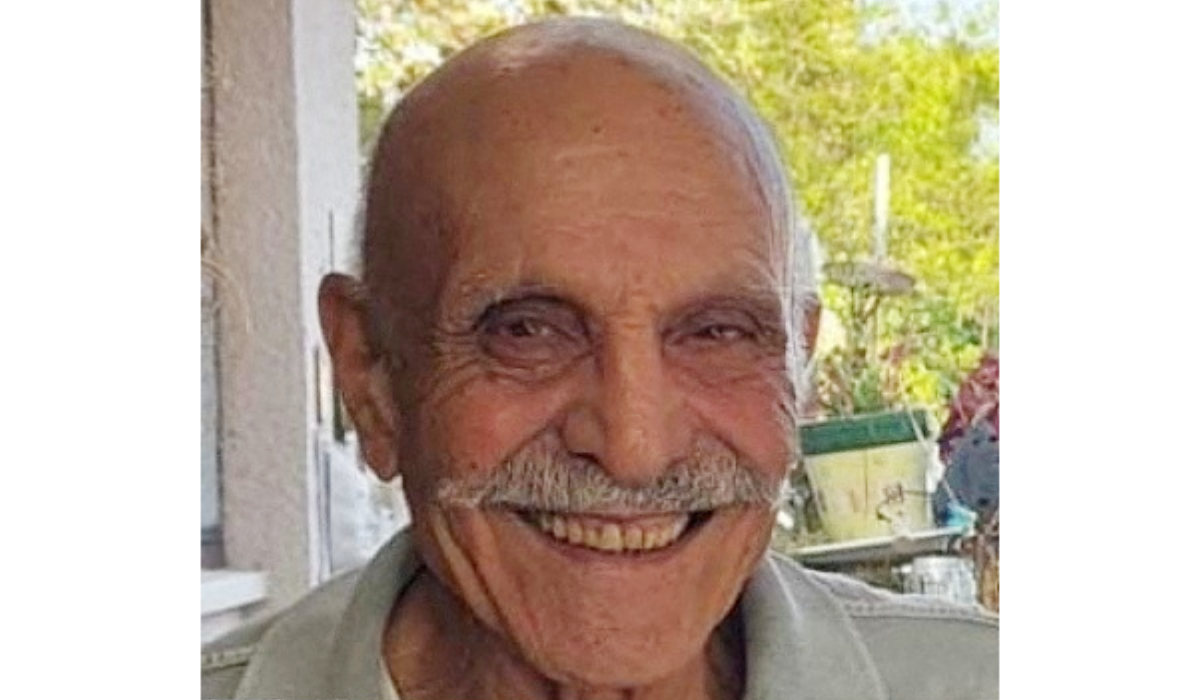AL-MUKALLA: Nine crew members were rescued and a body was recovered from an oil tanker that capsized off the coast of Oman earlier this week, the country’s maritime agency said on Wednesday.
Earlier on Wednesday, rescue teams were searching for 16 seamen who went missing in the Arabian Sea on Monday when their oil tanker, bound for Yemen, sunk off Oman.
The Maritime Security Center in Oman said on Tuesday that 13 Indians and three Sri Lankans were missing from the Prestige Falcon, a Comoros-flagged oil tanker that collapsed 25 nautical miles southeast of Ras Madrakah near the Omani port town of Duqm.
The Indian news agency Asian News International reported that the Indian Navy’s warship INS Teg was participating in the search operation alongside Omani vessels and coast guards to find the missing sailors. The Indian Navy warship was able to locate the capsized tanker on Tuesday morning.
According to marinetraffic.com, which provides ship information, the Prestige Falcon is an oil tanker flying the Comoros flag, and which was going from the UAE to Yemen’s southern port city of Aden. In Yemen, the state-run Public Electricity Corporation in Aden said that the capsized ship was carrying 5,000 tonnes of fuel owned by a local merchant, contradicting media reports claiming that it controlled the ship’s cargo.
This comes as the Conflict and Environment Observatory, an environmental advocacy charity, stated that images provided by the Sentinel 2 satellite on Tuesday showed a 220 km oil slick beginning 106 nautical miles from Yemen’s Red Sea city of Hodeidah, which was believed leaked from the Liberia-flagged oil tanker Chios Lion that the Houthis attacked.
On Tuesday, the Houthis released footage of an explosive-laden and remotely operated boat colliding with the Chios Lion in the Red Sea, which was traveling 100 nautical miles northwest of Hodeidah on Monday, resulting in an explosion and ball of fire. The CEOBS condemned the Houthis for damaging the Red Sea’s ecosystem by assaulting oil vessels. “Attacks have already impacted the Red Sea environment and attacks on oil and bulk chemical carriers pose ongoing risks,” it said in a post on X.
Meanwhile, Yemen’s government said that it had found no evidence of contamination in the Red Sea or along the country’s coast from a fertilizer-laden ship that sank in the Red Sea, repeating appeals for the international community to provide it with technology to neutralize the ship’s danger. The MV Rubymar, a Belize-flagged and Lebanese-operated ship carrying thousands of tons of fertilizer and gasoline, sank in the Red Sea earlier this year after being attacked by Houthi missiles.
Capt. Yeslem Mubarak, vice executive chairman of the Maritime Affairs Authority and a member of the government’s commission responsible for the sinking ship, told Arab News that the Yemeni government teams who visited the ship’s area and combed the Yemeni coasts had not observed any signs of pollution.
He also said that the Yemeni government had requested equipment from some nations, including a remotely operated underwater vehicle, to address the MV Rubymar sinking or any similar incident in the future as the Houthis intensify their attacks on ships. “So yet, there is no pollution or slicks surrounding the ship, and it remains bowed up, indicating that water has not infiltrated all of its compartments,” he said.
Since November, the Houthis have seized a commercial ship, sunk two others, fired hundreds of ballistic missiles and deployed drones and drone boats to attack commercial and naval ships in the Red Sea, Gulf of Aden and Indian Ocean. The Yemeni militia sees this as an attempt to pressure Israel to end its war in the Palestinian Gaza Strip.






























